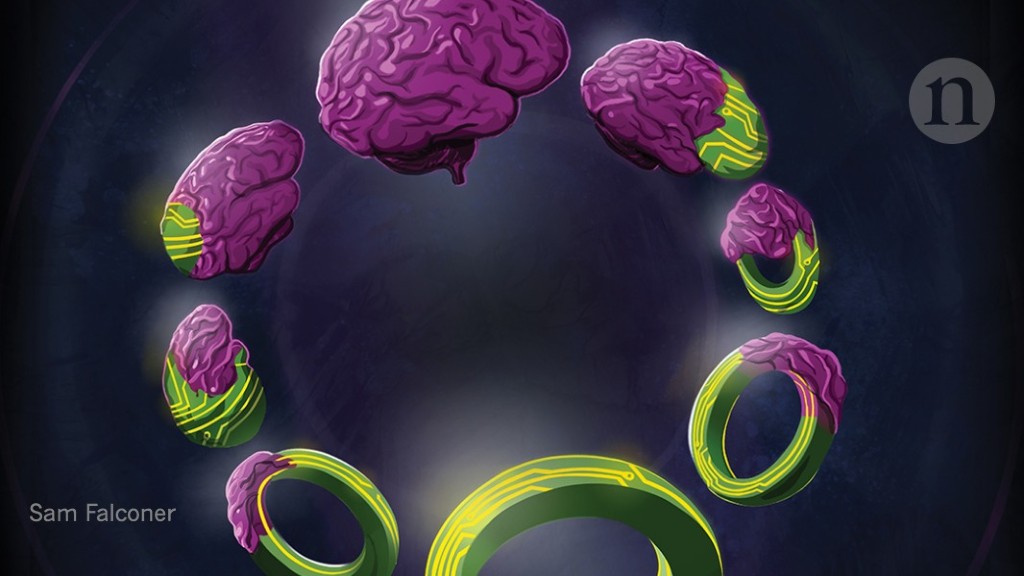
The human brain is one of the most complex and fascinating organs in the body. For many years, scientists and researchers have been trying to understand how it works and how it can be improved. With the rise of artificial intelligence (AI), there is a new opportunity to advance our understanding of the brain. In this article, we'll explore the intersection of AI and neuroscience and how it is helping us to unlock the secrets of the brain.
The Role of AI in Neuroscience
AI has the potential to transform the way we study the brain, from understanding its basic functions to developing new treatments for neurological disorders. Here are a few of the ways that AI is being used in neuroscience:
- Brain Imaging
AI can be used to analyze brain imaging data, such as MRI and CT scans, to identify patterns and abnormalities. This can help to improve the accuracy of diagnoses and develop new treatments for neurological disorders.
- Brain-Computer Interfaces
AI can also be used to develop brain-computer interfaces, which allow individuals to control machines using their thoughts. This technology has the potential to revolutionize the way we interact with computers and other devices.
- Neural Networks
AI can be used to create neural networks, which simulate the behavior of neurons in the brain. This can help researchers to better understand how the brain works and develop new treatments for neurological disorders.
The Benefits of AI in Neuroscience
There are many benefits to using AI in neuroscience, including:
- Improved Diagnosis
AI can help to improve the accuracy of diagnoses for neurological disorders, such as Parkinson's disease and Alzheimer's disease. This can help to improve patient outcomes and develop new treatments.
- Faster Research
AI can help to speed up research in neuroscience by analyzing large amounts of data quickly and accurately. This can help researchers to make new discoveries and develop new treatments more quickly.
- Personalized Medicine
AI can help to develop personalized treatments for neurological disorders, based on an individual's unique genetic and neurological profile. This can help to improve patient outcomes and reduce the risk of side effects.
Challenges and Considerations
While there are many benefits to using AI in neuroscience, there are also several challenges and considerations to keep in mind, including:
- Data Privacy and Security
AI relies on large amounts of data to function effectively. It's important to ensure that this data is kept secure and that individuals have control over how their data is used.
- Ethical Considerations
As with any technology, it's important to consider the ethical implications of using AI in neuroscience. This includes issues such as informed consent, privacy, and the use of data for commercial purposes.
- Accessibility
There is a risk that AI in neuroscience will only be accessible to a privileged few, exacerbating existing inequalities. It's important to ensure that these technologies are accessible to everyone, regardless of their socio-economic status.
Conclusion
AI has the potential to transform the way we study the brain, from understanding its basic functions to developing new treatments for neurological disorders. While there are many benefits to using AI in neuroscience, there are also several challenges and considerations to keep in mind. As we continue to explore the potential of AI in neuroscience, it's important to ensure that we use these technologies in a responsible and ethical manner, with a focus on improving the quality of life for everyone.